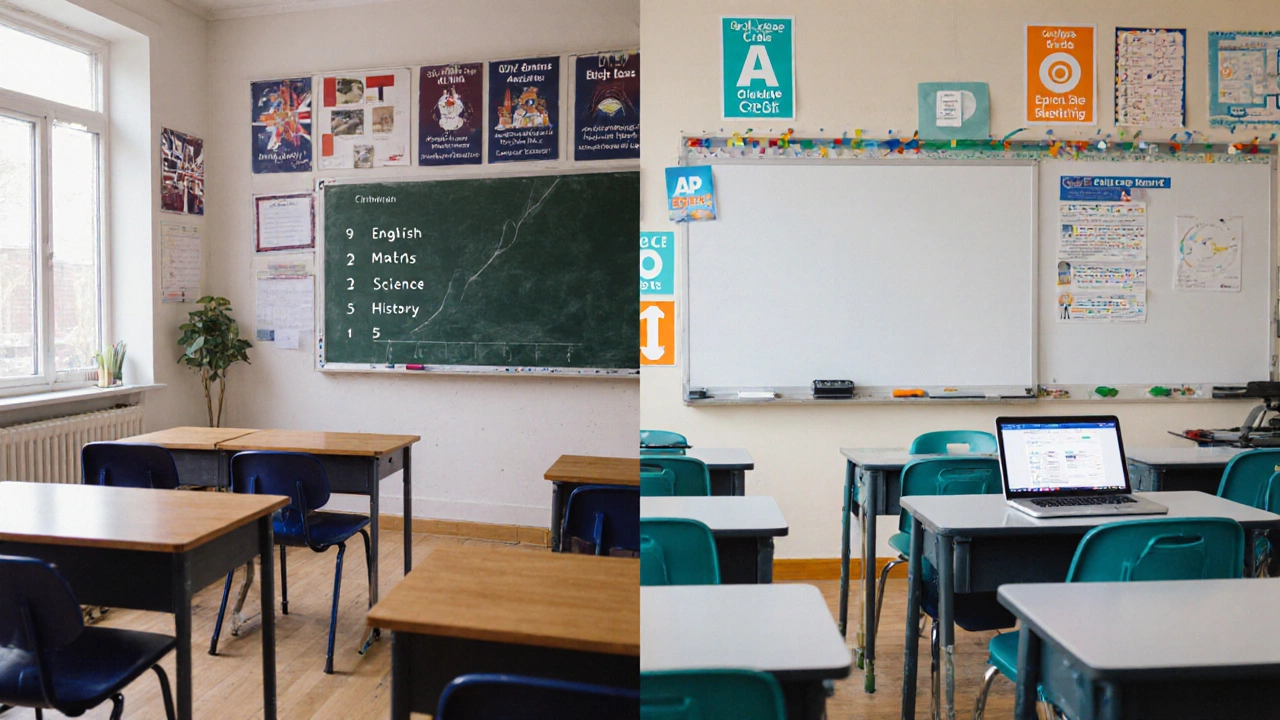GCSE Difficulty: What Makes the Exams Tough?
When working with GCSE difficulty, the level of challenge students face in the General Certificate of Secondary Education exams. Also known as GCSE challenge, it covers everything from tight grade boundaries to demanding coursework.
One key measure people cite is GCSE grade 9, the highest attainable grade in GCSEs, awarded to only a small slice of students each year. The rarity of a 9 shows just how steep the difficulty curve can be. For example, in 2023 only about 3% of entries earned a 9 across core subjects. That stat tells you straight away that reaching the top isn’t just about talent – it’s about strategy, support, and the right preparation.
Why Revision Techniques Matter
Another driver of GCSE difficulty is the quality of GCSE revision techniques, the methods students use to consolidate knowledge before the exam. Effective revision narrows the gap between a good effort and a great result. Research from the University of Birmingham showed that spaced repetition combined with past paper practice boosts scores by an average of 7 marks. That’s a concrete reason why students who rely on cramming often hit the ceiling of what the exam allows.
A third angle to consider is the GCSE exam board standards, the criteria set by bodies like AQA, OCR, and Edexcel that determine how tough the questions are. Each board tweaks its specifications yearly, which means the difficulty level can shift even without changes to the curriculum. Knowing which board runs your subject helps you target practice material that mirrors the exact style of questions you’ll face.
All these pieces – grade 9 rarity, revision methods, and board standards – interact to shape the overall challenge. In other words, GCSE difficulty encompasses the rarity of top grades, requires smart study strategies, and is influenced by exam board expectations. When you understand how they link, you can better plan your study schedule, pick the right resources, and set realistic targets.
Below you’ll find a curated collection of articles that break down each of these factors. From real student stories about chasing a 9, to step‑by‑step guides on building a revision timetable, the posts give practical insight you can act on right away. Dive in to see how the concepts we just covered play out in real‑world advice and discover what works best for your own GCSE journey.
GCSE vs AP: Which Is Harder?
Explore the key differences between GCSE and AP exams, including curriculum, grading, workload, and university pathways, to decide which feels harder for you.
More
